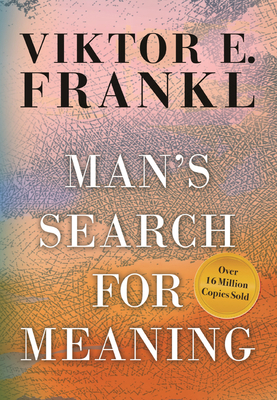Сказ о тульском косом Левше и о стальной блохе
Select Format
Select Condition 
Book Overview
The Steel Flea is a novella written by Nikolai Semyonovitch Lyeskoff and originally published in 1890. The story is set in Russia and follows the adventures of a young inventor named Ivan Ivanovich and his creation, a miniature steam-powered mechanical flea. Ivanovich is determined to showcase his invention at the upcoming fair in Nizhny Novgorod, but his plans are thwarted by a jealous rival and a series of mishaps. Despite the setbacks, Ivanovich and his flea ultimately triumph and become the talk of the fair. The novella is a humorous and satirical take on the Russian obsession with technology and progress, and is considered a classic of Russian literature.This scarce antiquarian book is a facsimile reprint of the old original and may contain some imperfections such as library marks and notations. Because we believe this work is culturally important, we have made it available as part of our commitment for protecting, preserving, and promoting the world's literature in affordable, high quality, modern editions, that are true to their original work. This description may be from another edition of this product.
Format:Paperback
Language:English
ISBN:0586045856
ISBN13:9780586045855
Release Date:January 1978
Publisher:Hunter Publishing+inc
Weight:0.30 lbs.
More by Lisa Fipps
Customer Reviews
6 customer ratings | 5 reviews
There are currently no reviews. Be the first to review this work.























